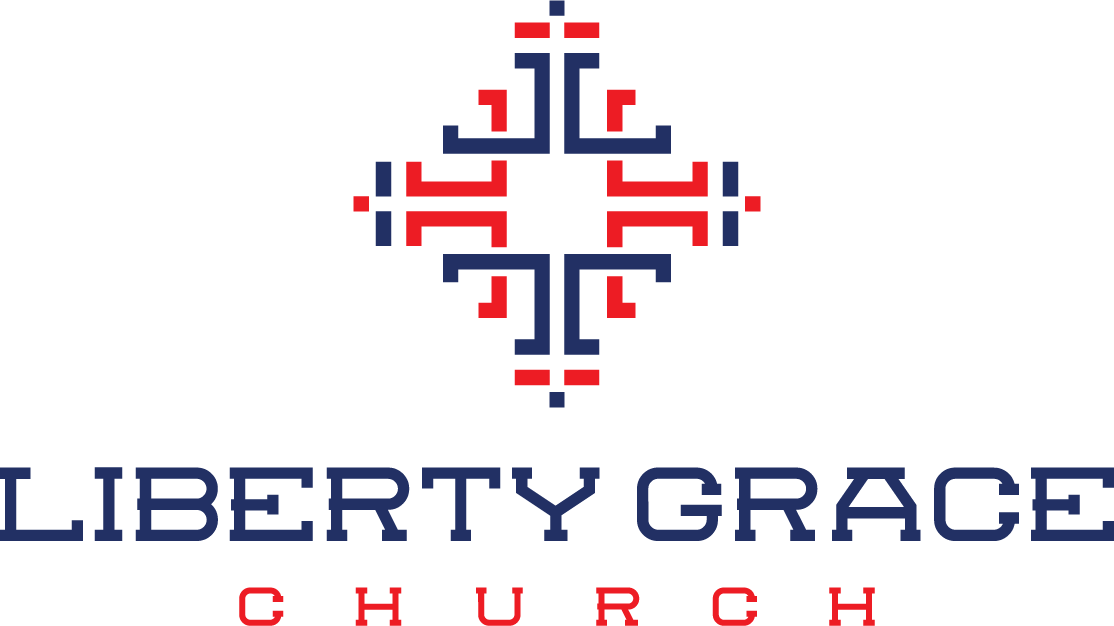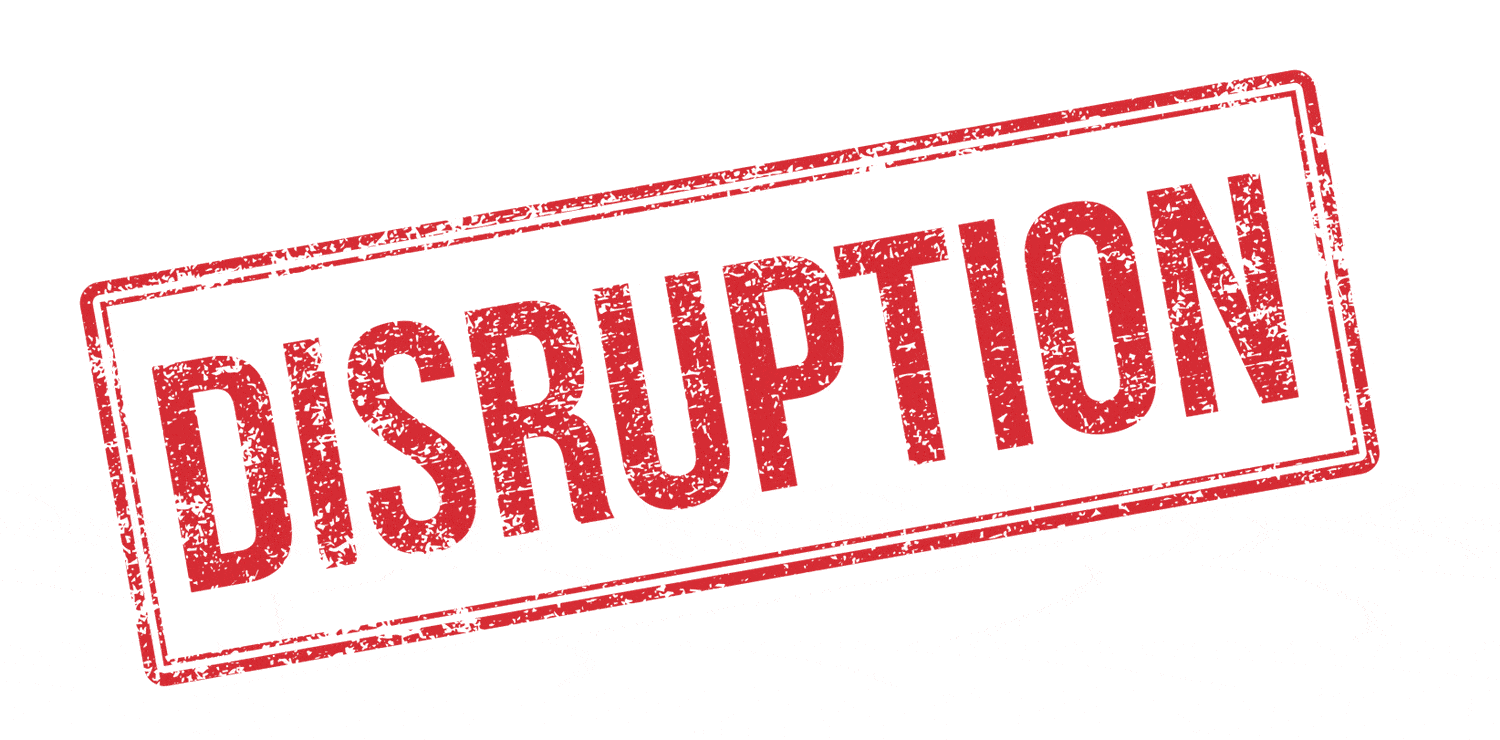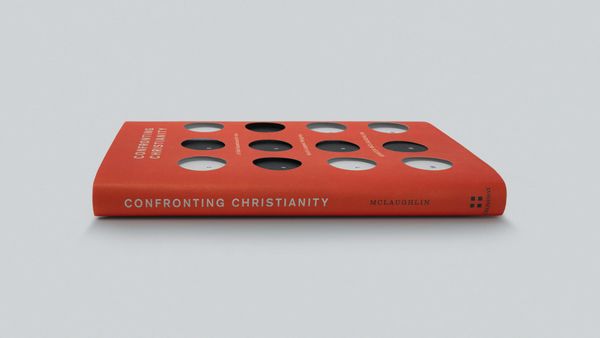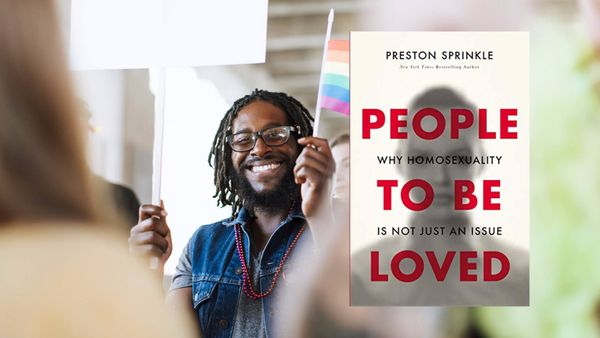The title of this post is a bit cheeky. We live in a world in which people hold diverse views. The days of everyone being a “Christian” — however you define that term — are long gone. I, for one, am grateful for a society that allows us the freedom to choose what we believe and how to practice our faith.
So why should you consider church, given that we all believe differently? Because of three trends that we’re all facing. Let me explain.
Three Megatrends
According to Thomas L. Friedman’s book Thank You for Being Late, three “megatrends” drive global events—technology, globalization, and climate change. These three trends are connected, and they’re accelerating. Because of these trends, institutions and societies are experiencing massive disruption.
These changes affect all of us. It’s easier than ever to be a maker (use a 3-D printer) or a breaker (the Islamic State uses Twitter), but it’s harder to be a leader. Opportunities abound. As one person observed:
Uber, the world’s largest taxi company, owns no vehicles. Facebook, the world’s most popular media owner, creates no content. Alibaba, the most valuable retailer, has no inventory. And Airbnb, the world’s largest accommodation provider, owns no real estate. Something interesting is happening.
The changes are massive. We have no choice except to adapt. Friedman writes:
We can’t escape these accelerations. We have to dive into them, take advantage of their energy and flows where possible, move with them, use them to learn faster, design smarter, and collaborate deeper—all so we can build our own eyes to anchor and propel ourselves and our families confidently forward.
We need to think carefully about how to live in a world that’s not going back to the way it used to be.
The Importance of Community
So where does the church come in? Friedman writes that we need to “anchor people in healthy communities that can help them thrive when the winds of change howl.” We need to be innovative in building these strong communities.
When people feel embedded in a community, they feel “protected, respected, and connected,” as my friend Andy Karsner, whose father grew up in Duluth and mother in Casablanca, likes to say. And that feeling is more important than ever, because when people feel protected, respected, and connected in a healthy community, it generates enormous trust…When people trust each other, they can think long-term. When there is trust in the room, people are more inclined to collaborate and experiment—to open themselves up to others, to new ideas, and to novel approaches—and to extending the Golden Rule. They also don’t waste energy investigating every mistake; they feel free to fail and try again and fail again and try again.
The more that society changes, the more that we need to be part of a community that anchors us. That kind of community is exactly what a good church can provide.
The Challenge
A recent review of Friedman’s book concludes:
A mandate for local churches in such a world might be summarized as a commitment to and embodiment of “creed, character, and community” (or kerygma, didache, and koinonia)—a commitment to the unchanging truth of the gospel, expressed in expository Bible teaching and preaching; to the formation of deeply committed disciples who actually obey all Jesus commanded (Matt. 28:20); and to the cultivation of “deep churches” where the presence of God is experienced and believers respond to Jesus’s call for his disciples to embody caring, helpful, and attentive relationships with one another (John 13:34–35).
So, can we as Christian communities be a significant part of an answer to Friedman’s plea for “anchoring people in strong families and healthy communities”?
If not us, then who? If not now, then when?
It’s a challenge we’re eager to accept.
We’re grateful to live in a good community like Liberty Village. Getting rooted in a church may be another healthy step to getting the support you need to survive a changing and disorienting world.







